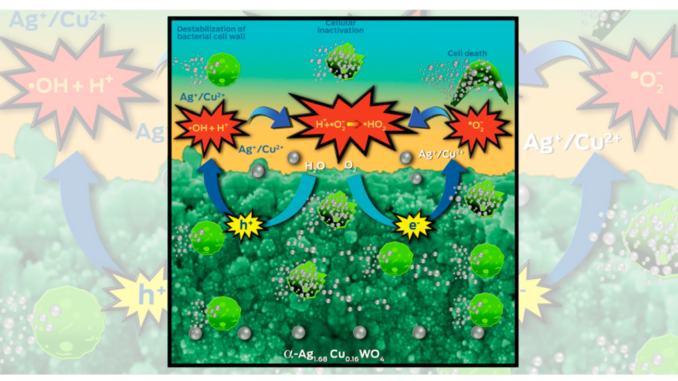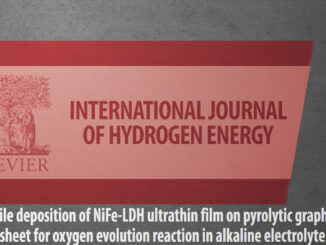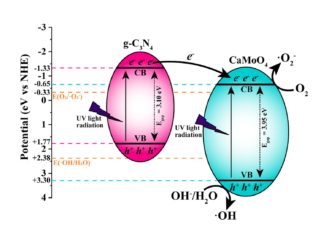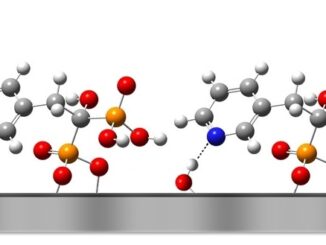
Disclosing the Biocide Activity of α-Ag2−2xCuxWO4 (0 ≤ x ≤ 0.16) Solid Solutions
Abstract: In this work, α-Ag2−2xCuxWO4 (0 ≤ x ≤ 0.16) solid solutions with enhanced antibacterial (against methicillin-resistant Staphylococcus aureus) and antifungal (against Candida albicans) activities are reported. A plethora of techniques (X-ray diffraction with Rietveld refinements, inductively coupled plasma atomic emission spectrometry, micro-Raman spectroscopy, attenuated total reflectance–Fourier transform infrared spectroscopy, field emission scanning electron microscopy, ultraviolet–visible spectroscopy, photoluminescence emissions, and X-ray photoelectron spectroscopy) were employed to characterize the as-synthetized samples and determine the local coordination geometry of Cu2+ cations at the orthorhombic lattice. To find a correlation between morphology and biocide activity, the experimental results were sustained by first-principles calculations at the density functional theory level to decipher the cluster coordinations and electronic properties of the exposed surfaces. Based on the analysis of the under-coordinated Ag and Cu clusters at the (010) and (101) exposed surfaces, we propose a mechanism to explain the biocide activity of these solid solutions.
Author(s): dos Santos Pereira, P. F.; De Foggi, C. C.; Gouveia, A. F.; Pinatti, I. M.; Cabral, L. A.; Guillamon, E.; Sorribes, I.; San-Miguel, M. A.; Vergani, C. E.; Simoes, A. Z.; da Silva, E. Z.; Cavalcante, L. S.; Llusar, R.; Longo, E.; Andres, J.
International Journal of Molecular Sciences
Published: 13 September 2022
DOI: https://doi.org/10.3390/ijms231810589
CDMF
The CDMF, hosted at the Federal University of São Carlos (UFSCar), is one of the Research, Innovation and Dissemination Centers (RIDC) supported by the São Paulo State Research Support Foundation (Fapesp), and also receives investment from the National Council Scientific and Technological Development (CNPq), from the National Institute of Science and Technology of Materials in Nanotechnology (INCTMN).




